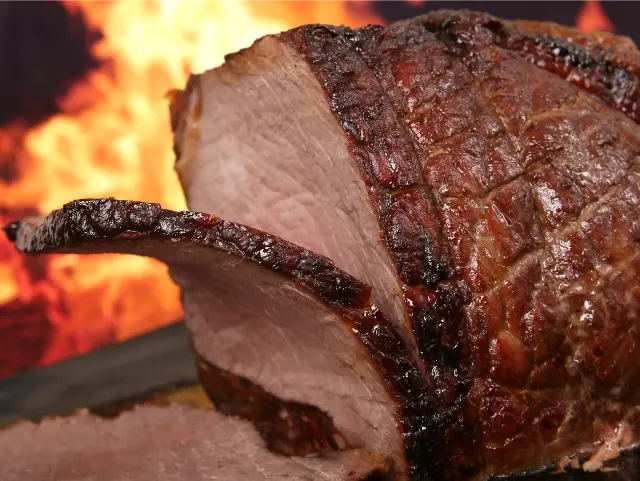Maintaining a healthy diet is crucial for managing high blood pressure. While there are many beneficial foods to include in your diet, there are also certain foods that you should be cautious about or avoid. Here are 10 foods to consider avoiding if you have highblood pressure:
1. Salt:
High sodium intake is a major contributor to high blood pressure, so it’s important to limit your consumption of salty foods like processed meats, canned soups, and fast food.
2. Processed and cured meats:
Cold cuts, sausages, bacon, and other processed meats are often high in sodium and unhealthy fats, which can raise blood pressure levels.
3. Canned and packaged foods:
These can contain significant amounts of sodium and preservatives, so it’s best to opt for fresh or frozen alternatives.
4. Sugar-sweetened beverages:
Beverages like soda, sweetened tea, and energy drinks are loaded with added sugars, which can increase blood pressure levels.
5. Alcohol:
Excessive alcohol consumption can lead to highblood pressure. It’s recommended to limit your intake to moderate levels or avoid it altogether.
6. Saturated and trans fats:
Foods high in unhealthy fats, such as fried foods, processed snacks, and baked goods, can contribute to highblood pressure and other cardiovascular issues.
MUST READ: How To Build a House With a Budget Below KES 300000.
7. Full-fat dairy products:
Whole milk, cheese, and other full-fat dairy products contain saturated fats that can raise blood pressure. Consider opting for low-fat or nonfat options instead.
8. Caffeine:
While moderate amounts of caffeine are generally safe, excessive intake can temporarily raise blood pressure. It’s best to monitor your consumption of coffee, tea, and energy drinks.
9. High-sodium condiments:
Sauces like soy sauce, ketchup, and barbecue sauce can be high in sodium. Look for low-sodium or salt-free alternatives or use them sparingly.
10. Baked goods and sweets:
Foods like cookies, cakes, and pastries often contain high amounts of sugar, unhealthy fats, and refined grains, which can negatively impact BP and overall health.
Remember, maintaining a balanced and varied diet that includes fresh fruits, vegetables, whole grains, lean proteins, and low-fat dairy products is essential for managing high blood pressure. Always consult with a healthcare professional or a registered dietitian for personalized dietary advice that suits your specific needs.


Drop Your Comments, What do you think About The Article?